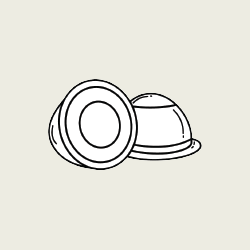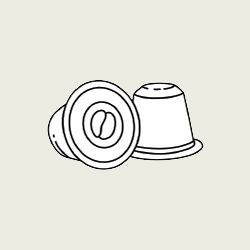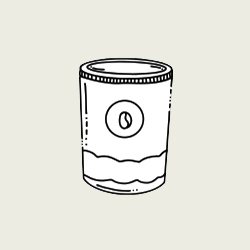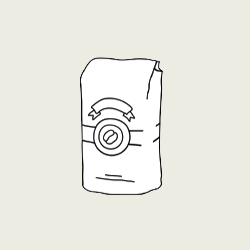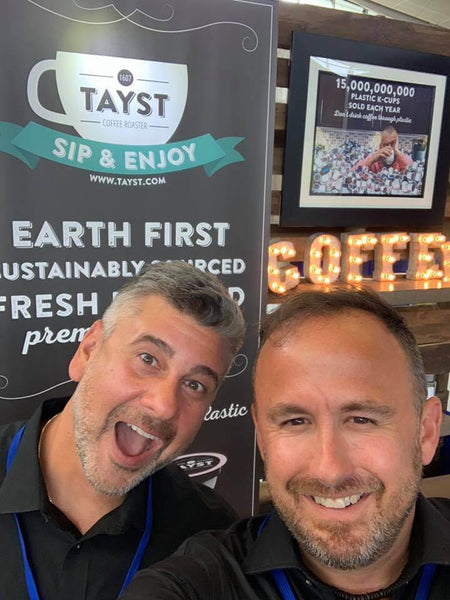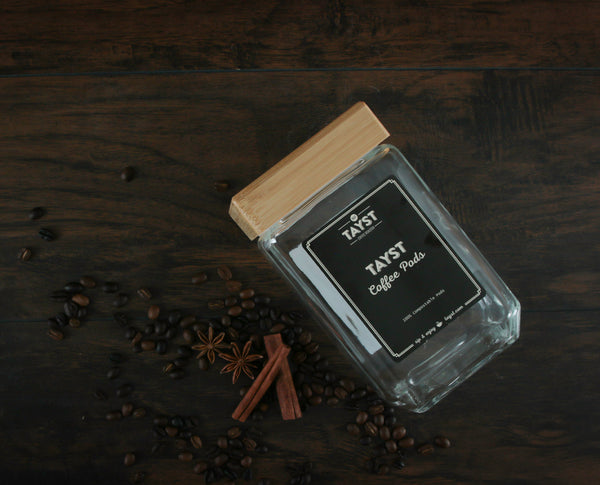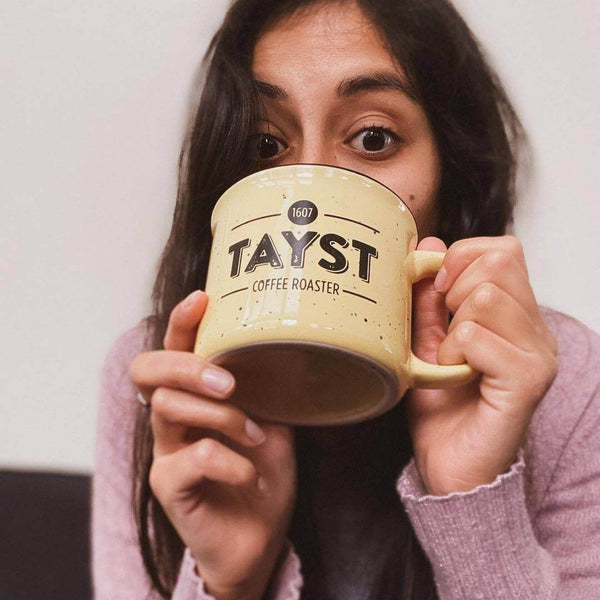
Save the bees and you will get more coffee! The declining bee population has been increasing over the past 15 years, and does not seem to be slowing down. How do bees and climate change affect your cup of coffee? These pollinators are the key players in producing better quality beans for coffee farmers and roasters like us.

Why are the bees decreasing in population? With an increase in the human population the damages are having a great effect on bee colonies that include, but are not limited too: pesticides, air pollution, climate change, etc. The bees decline is hurting more than just our environment. They are responsible for helping increase coffee bean quantities by 20%-25%. The amount of bees in an area can greatly impact whether coffee growers can earn enough money to keep their trade alive. Around 80% of the coffee we drink is grown by people and over 40% of bee management from commercial beekeepers have been lost as of 2019.
Commercial bee farms are responsible for half of pollination of agricultural goods while the other half is taken care of by the wild bee population. As the human population grows there will be an even larger demand of food, but this will be a hard order to fill. Food prices could be raised if the bee population keeps declining and can have major effects on the lives dependent on these insects. Scientists suggest that 88% of the suitable farmland for coffee growing will be reduced by the year 2050 with the diminishing bee population due to climate change and other factors.You can see the state of their population by how many hives survived over the winter. Less hives are being found after recent winters and that is due to rising temperatures caused by climate change. Bees are not able to sustain themselves in
these warmer conditions and they are suffering because of it.

The question still remains...how does this affect our coffee every morning? Majority of our coffee is made from Arabica flowers, which is a self-pollinating plant. Bees’ pollination helps in coffee beans looking more uniformed and helps the coffee extraction to be more even. When beans come in different sizes you will have varying flavors: Finer grounds produce a more bitter taste, larger grounds have a sharp and sour taste due to under extraction. The seeds themselves increase in fruit retention and seed size.
Honeybees were imported from Europe to North American making the pollination process a little more challenging for our farmers in South America. Big coffee farming countries such as Honduras, Venezuela, and Nicaruagua are expected to see a reduced amount in bees because of the inhabitable beekeeping conditions due to global warming, which means less coffee production. If the decline of bees does not slow down, you probably won’t have as much coffee to drink throughout your day. Now that does not benefit anyone. There are steps farmers can take to limit the decreasing bee population, but what are solutions we can use as consumers?

There are many ways to help in saving the bees, and some you can even do right at home!
- Create a healthy habitat for bees - one of the main causes for the decline in bees is a lack of habitats for them. Planting a variety of flowers and vegetation will bring nutrients, resources for them to build homes to nest, and pollen to aid in the pollination process. *Pro tip: Add some coffee to acid loving plants to really see some growth. Try our $8 Introduction Box for your bee garden.
- Skip the chemicals - Opt for organic products and solutions in your everyday products, even switch to compost to help in keeping your plants alive. Our packaging is compostable* and would make a perfect addition to your compost garden.
- Buy local - support your local beekeepers by purchasing their raw honey or other organic products. You can check with your local beekeeper on their sustainability practices and you can get your product right from the source.
Coffee and bees have a strong connection that impact our everyday lives. Climate change and pollution have created mayhem on our ecosystems and changes need to be made. Saving the bees means saving your coffee. Take 20% off your first box when you sign up and let’s join the fight against climate change. Change your coffee and change the world.
